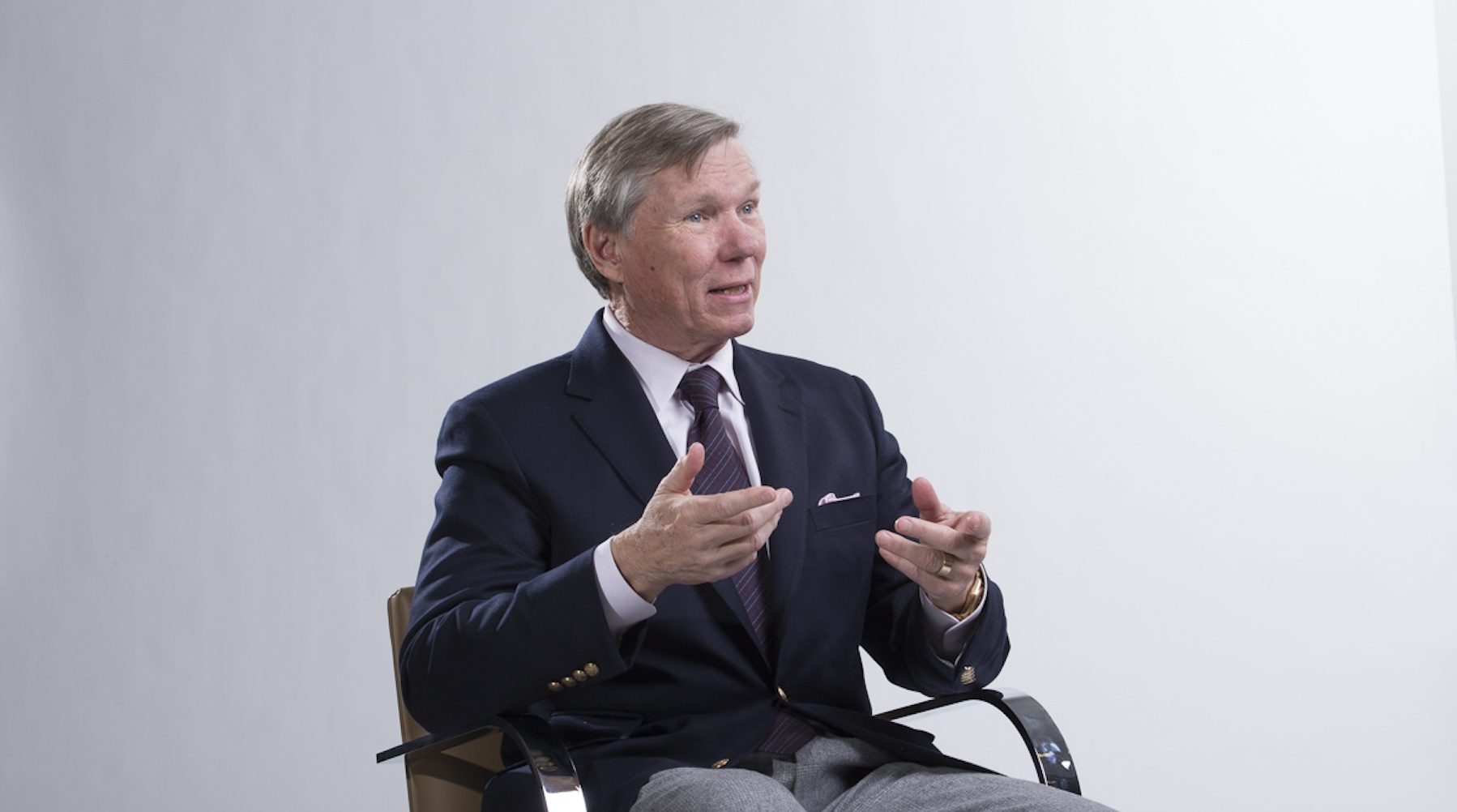Adam’s Journal
Dr. Anthony Fauci, director of the National Institute of Allergy and Infectious Diseases, recently told Congress that he’s “cautiously optimistic” a Covid-19 vaccine could be ready by the end of the year. What still has to happen for that to become a reality?
Dr. Prescott Prescribes
At this moment, several experimental vaccines are currently in what’s known as Phase III of clinical trials. This portion of the testing process represents the final step before potential approval by the Food and Drug Administration, which must occur before the vaccine can be administered to Americans.
In this phase of trials, the experimental vaccines will be given to thousands of healthy volunteers, who will be compared to thousands of other healthy subjects who will receive injections of a placebo. Scientists will then monitor the participants to determine whether those who receive the vaccine develop infections at a lower rate than those who get placebo. The FDA has said that vaccines would have to protect at least 50% of those inoculated to receive approval.
One of the vaccines currently in Phase III trials is being developed by a Massachusetts company called Moderna, while the other two are the products of collaborative efforts involving the drug giants Pfizer and AstraZeneca. As part of what’s known as Project Warp Speed, the U.S. government has invested heavily in all three of these candidate vaccines. As a result, if any or all prove successful in trials, they could be made available to Americans in relatively short order.
Still, vaccine production historically has been a slow process, with a substantial lag between regulatory approval and availability to the public. However, all three of these vaccines are taking approaches that could fast forward vaccine delivery.
Moderna and Pfizer have developed vaccines based on genetic material called messenger RNA. This will enable them to produce large quantities more quickly than traditional vaccines.
And while the AstraZeneca vaccine represents a more traditional approach, the company has entered into an agreement with a company in India that already has begun massive production efforts. So, if the FDA approves the vaccine, the company already will have many doses on hand — and, it says, the capacity to produce billions more within a year.



